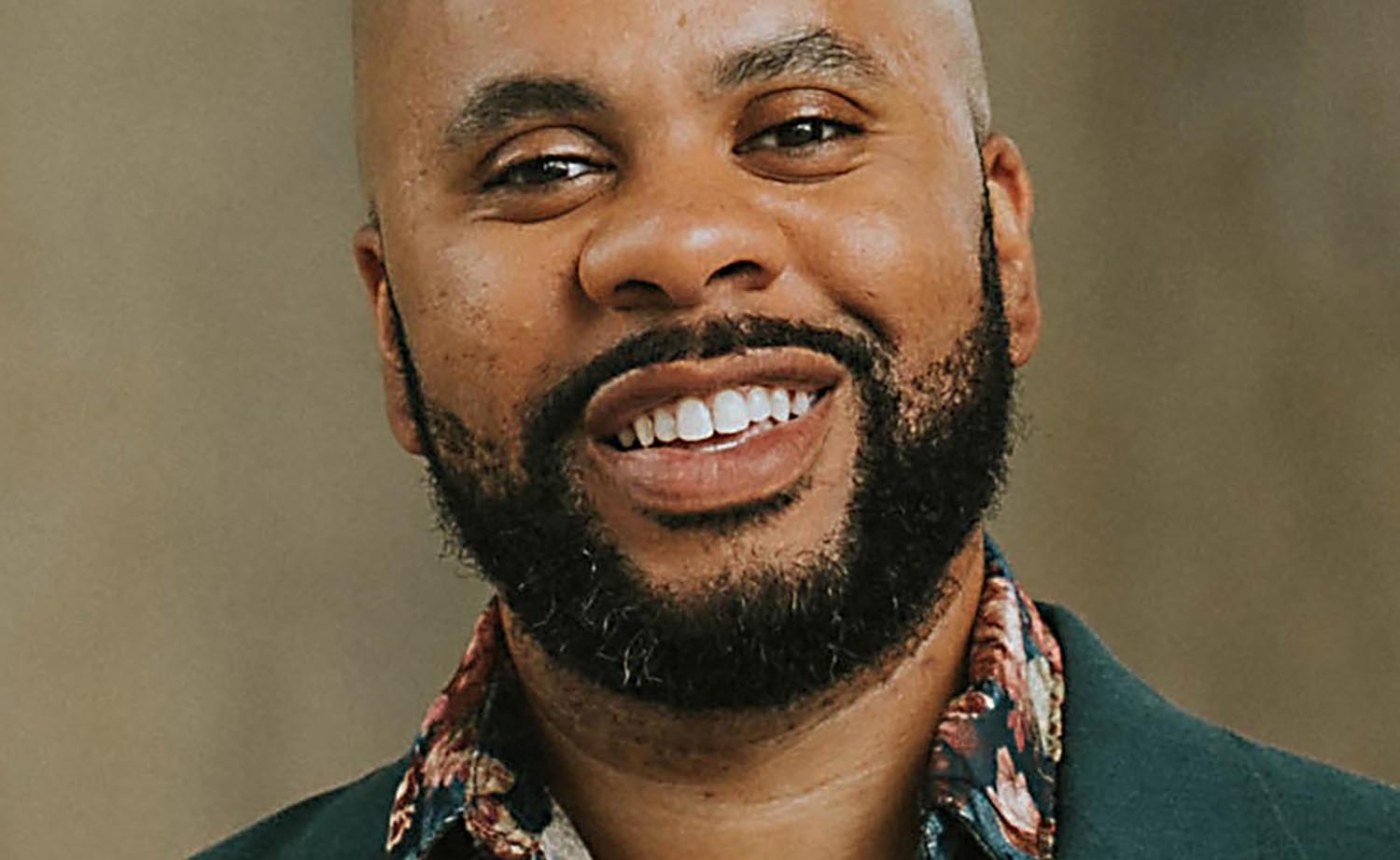Just announced: An ongoing friendship conflict has escalated after one individual compared their friend to a celebrity. This surprising incident has ignited discussions about race, identity, and the nuances of compliments.
In a heartfelt letter to advice columnist R. Eric Thomas, a writer known as “Compliment” expressed confusion over why their friend Steve was offended by a seemingly innocent remark. The letter detailed how Compliment complimented Steve on his looks and family life by likening him to a well-respected, good-looking actor. However, Steve responded by asserting that the comment was racist and demanded a retraction.
“I refuse because the actor has done nothing illegal, has a good character, and is a positive family man,” Compliment stated, highlighting the positive traits they associated with the celebrity. This sentiment echoes a growing concern over how compliments can sometimes be misconstrued in today’s complex social landscape.
The incident raises critical questions: Why do some comparisons evoke offense? What does this mean for friendships across diverse backgrounds? Eric’s advice was straightforward yet profound, suggesting that Compliment should clarify their intentions to Steve.
“I meant no harm by what I said and I’m sorry that it offended you,” Eric recommended as a potential response. This approach could diffuse the tension, opening a pathway for deeper communication and understanding between the two friends.
In a world where race and identity are increasingly at the forefront of social dynamics, this situation illustrates the delicate balance of navigating personal connections. Eric emphasized the importance of understanding each other’s perspectives, encouraging Compliment to engage Steve in a respectful dialogue about his feelings toward the comparison.
Meanwhile, another letter highlighted a different social dilemma. A neighbor, a well-known university professor, has been described as a “raconteur” who tends to dominate conversations without considering the interests of his friends. This recurring issue has left others feeling frustrated, prompting Eric to suggest gentle redirection techniques during these interactions.
With social dynamics shifting rapidly, these personal anecdotes resonate with many readers facing similar challenges. The emotional weight of friendship, identity, and communication is palpable, making these stories not only relatable but also vital to contemporary discussions.
As these stories unfold, readers are encouraged to reflect on their own relationships and the sometimes unexpected reactions that can arise from well-intentioned comments. The complexity of human interaction continues to be a relevant topic, prompting ongoing conversations about respect, understanding, and the importance of listening.
Stay tuned for more insights from Eric as he navigates these pressing social issues, and join the dialogue on platforms like Instagram at @oureric.


































































